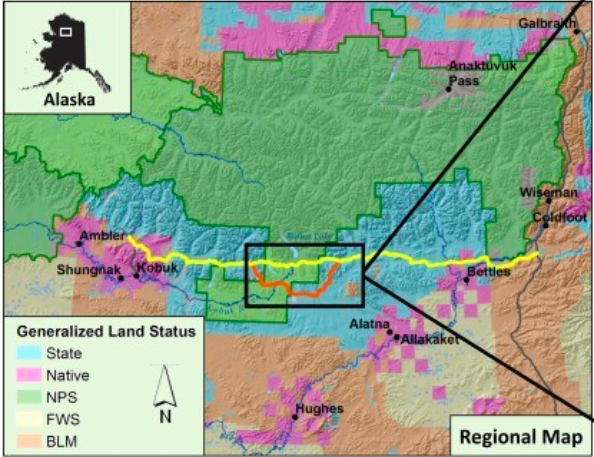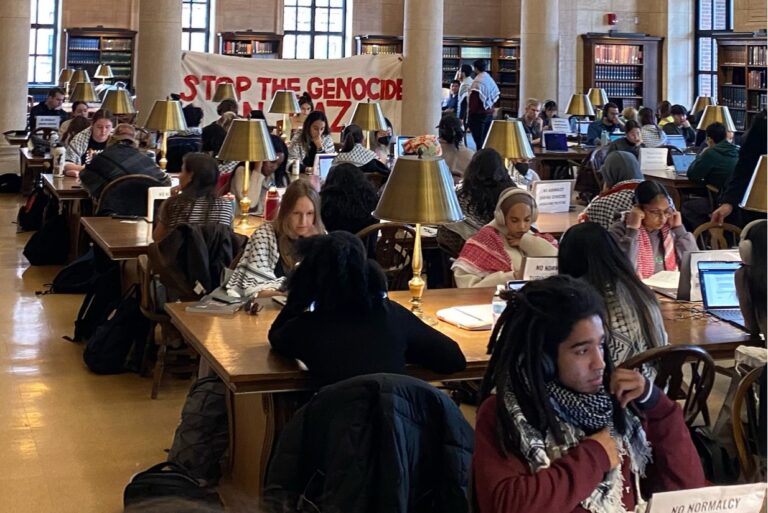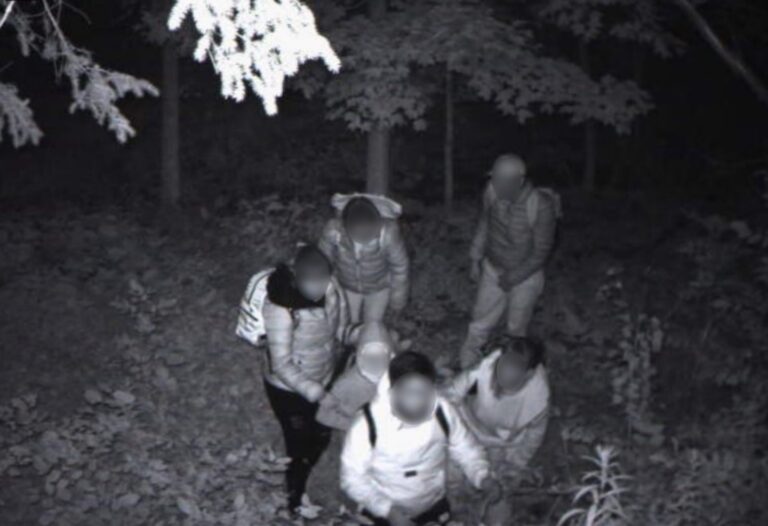What the federal government gives, the federal government can take away.
Several days before permanently locking up another 28 million acres of Alaska — the size of the state of Mississippi — the Biden-Harris Administration quietly yanked the permit for the Ambler Road.
The permit had been granted by the U.S. Army Corps of Engineers to the Alaska Industrial Development and Export Authority to fulfill the federal government’s legal obligation to provide access to state-owned lands that were set aside for mining in the southern Brooks Range, in the Northwest Arctic Borough.
The Northwest Arctic Borough is home to about 7,200 people, and the per-capita income is roughly $21,000 annually.
The Biden-Harris Administration suspended the water and wetlands permit needed to fill a narrow corridor for the 211-mile roadbed that would allow trucks to go to and from the mining site and the Dalton Highway.
The permit cancellation came six weeks after the Bureau of Land Management had rejected the entire project, when the Biden-Harris Administration picked the “no build” option. By doing so, the federal government broke several federal laws that give Alaska the right to access the area.
“The Biden-Harris administration is actively ignoring a law that has been on the books for over 40 years, mandating the Secretary of Interior to grant permits for the Ambler Road, despite its political appointees being sworn to uphold the laws of the United States,” said the Institute for Energy Research. “The latest action by the Army Corps of Engineers follows an unlawful action by the Department of Interior a month earlier regarding the same project. Despite the Biden-Harris Administration’s net-zero climate policies, which call for more minerals for “green energy” manufacture, it has stopped or delayed mine development for critical minerals in other parts of Alaska and other U.S. states.”
In June, PJ Simon, First Chief of Allakaket, said, “This decision shows a total lack of respect for tribes and our way of life. We need jobs, we need affordable gas, and we need the road. Blocking this access keeps us trapped in poverty and disregards the voices of those who
support the project.”
The Ambler Mining District is landlocked, surrounded by Native Corporation and federal land. Without a right-of-way, the state’s efforts to create an economy for the area appear to be dead, although litigation will surely be the next step for AIDEA and the State of Alaska.
“It’s another example of the ‘no on everything’ coming from the Biden-Harris Administration,” said Nick Begich, candidate for Congress. “Our state can’t just take this constant abuse from the colonial overlords in D.C. I will fight for Alaska, and I’ll never stop.”
Rep. Mary Peltola issued no statement about the cancellation of the already-granted permit.
AIDEA is also fighting the permit cancellation. It sent a letter to the Corps stating multiple objections to the decision.
“Not only do the permits not address the same geographic areas, but further, the BLM and the USACE right-of-way permits are not legally intertwined,” AIDEA said in its letter to the Army Corps of Engineers. “First, the USACE is bound to follow federal laws, rules and regulations. Key among these is the Alaska National Interest Lands Conservation Act, Pub. L. 96-487. ANILCA provides the owner of parcels surrounded by Department of Interior lands with a mandatory right of access over DOI lands as the agency determines are ‘adequate to secure’ the ‘reasonable use and enjoyment’ of the surrounded parcel, subject to DOI’s ‘rules and regulations applicable to access over public lands.’”








